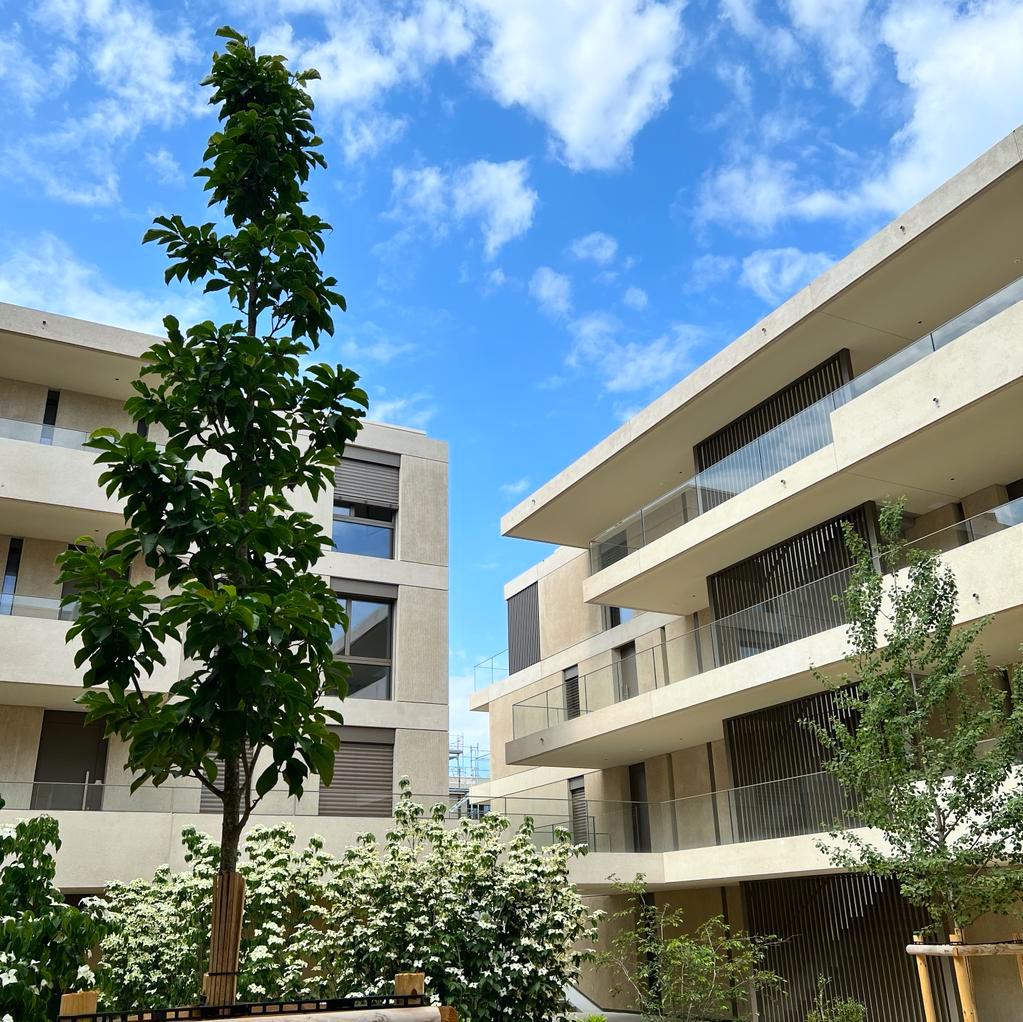Investing in Real Estate Despite Regulatory Constraints

Regulatory provisions such as planning and noise protection laws are having a negative impact on construction activity and building starts. Building zone classification has become more difficult, and real estate players are turning more to the densification of existing zones. However, this entails high costs and frequent objections due to the lack of available land. The recent rise in construction costs, linked to inflation and rising interest rates, is exacerbating the situation, leading to a steady decline in housing starts.
Although building permit applications are expected to stabilize at a low level, the recent stabilization of construction and financing costs is improving visibility on real estate projects. However, the low level of housing starts in relation to positive demographic growth requires political decision-makers to simplify the authorization process. This takes time, and new housing construction is likely to remain below average.
In this environment of scarcity, long-term investments in real estate remain attractive as a source of diversification in the face of financial market volatility. It is important to remember that diversified investment portfolios performed poorly in 2022, and home ownership remains a top priority for many households.